
Contributors
The Report Card came to life under the direction of the staff of the Aquarium of the Pacific but would not be possible without the generous contributions of many external partners.
Over two dozen people were involved in creating the report card including selecting species, sourcing data, building the evaluation methodology, and reviewing content. Their short biographies are found below.
In additional 43 peer reviewers gave their time to review the final species accounts and to ensure they accurately captured the species.
Everyone performed this work as volunteers. We are incredibly grateful for their time and expertise.
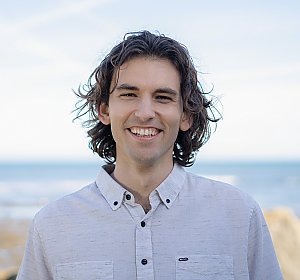
Andrew Pettit
Graduate Student
University of Hawaii at Manoa
Andrew Pettit is a project scientist and graduate student with the Benioff Ocean Science Laboratory at the UCSB Marine Science Institute. He led the Spotting Giant Sea Bass Project, aiming to answer key questions about the population, spatial patterns, and ecology of the giant sea bass. Pettit also works as a scientific diver with the NOAA Channel Islands National Marine Sanctuary, contributing to research projects across the Northern Channel Islands.
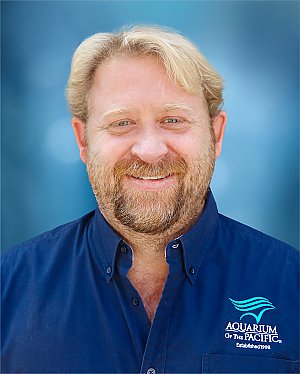
Brett Long
Vice President of Animal Care
Aquarium of the Pacific
Brett Long joined the Aquarium in 2018 and has since overseen the development and implementation of several important conservation projects, including the partnership on Monterey Bay Aquarium’s Sea Otter Surrogacy Program to help these threatened marine mammals and the Mountain Yellow-Legged Frog Project to help this critically endangered local species through a collaboration with several partners. Prior to joining the Aquarium, Long spent twelve years working with the Marine Mammal Physiology Project at the University of California, Santa Cruz’s Joseph M. Long Marine Laboratory, followed by thirteen years as the (animal) husbandry director at a sea life center in Alaska. Through his years of experience and hands-on work, Long has developed specialized experience in sea otter conservation, oiled wildlife response, marine mammal and bird rehabilitation, and marine mammal physiology and behavior.
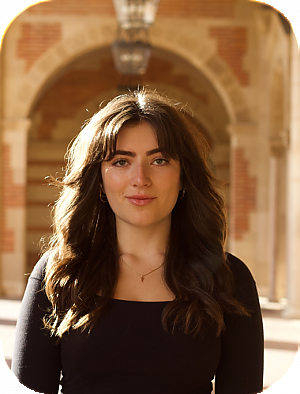
Brooke Jacobs
Relist Wolves
University of California, Los Angeles
Brooke Jacobs is a dedicated environmental scientist with expertise in research, data analysis, and science communications and a deep commitment to biodiversity conservation and sustainable food systems. Currently, she works with the Relist Wolves Campaign, where she leads rancher relations and research efforts. Her research projects include evaluating the efficacy of wolf-livestock conflict mitigation strategies and analyzing the status of species previously protected by the Endangered Species List. She earned her Bachelor of Science in Environmental Science and a Minor in Environmental Systems and Society from the University of California, Los Angeles (UCLA) Institute of Environment and Sustainability. She completed her Senior Research Practicum at the Aquarium of the Pacific, where she developed a sustainability strategy for carbon emission and solid waste reduction. She grew up competing in rodeo, which sparked her interest in sustainability in the ranching sector and her broader passion for sustainable food systems.
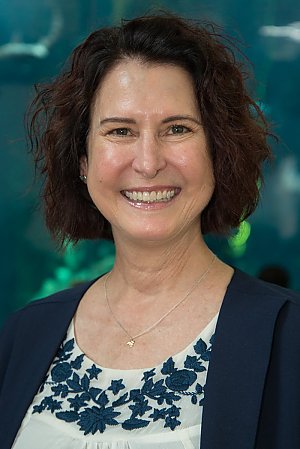
Caron Laird
Graduate Student
Colorado State University
After a fulfilling 25-year career at the California State University system, including her role as Interim Senior Director of Marketing Communications, Caron Laird has shifted her focus to her lifelong passion: animal welfare. Currently, she is pursuing a Professional Science Master’s degree in Zoo, Aquarium, and Animal Shelter Management at Colorado State University. Laird also serves as Secretary of the Marine Conservation Research Institute (MCRI), the research arm of the Aquarium of the Pacific, where she is a charter volunteer. Additionally, since 2020, she has contributed to the Humane Society of the United States as a National Animal Rescue Volunteer. With her extensive leadership experience and deep commitment to conservation and animal advocacy, Laird is dedicated to making a meaningful impact in the field.
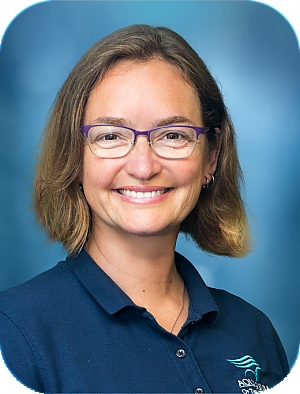
Cassandra Davis
Volunteer Services Director
Aquarium of the Pacific
Cassandra Davis is the volunteer services director at the Aquarium of the Pacific. She works directly with volunteers, scientists, and communities to connect them with ocean science. Her areas of expertise include the resident population of green sea turtles found locally in the San Gabriel River and surrounding wetlands and the Aquarium’s volunteer-driven green sea turtle monitoring program. Davis received her master of science degree with a focus on marine science and education in museums, aquariums, and zoos from Oregon State University.
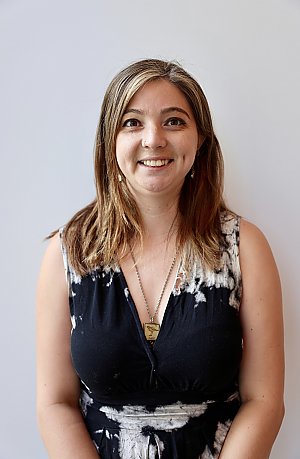
Dagny Ysais
Graduate student
San Francisco State University
Dagny Ysais is a graduate student attending San Francisco State University where she studies harbor seals. Ysais has extensive experience in both research and education. Much of the work she has done has involved the use of community-based science in conservation research. For example, the data for her thesis was provided entirely by citizen scientists. Communicating and involving the public in research is important to her, and she has found learning how to write and speak to non-scientists very rewarding. Ysais wishes to bring her passion for marine life to everyone who wants to learn and participate in conservation efforts.
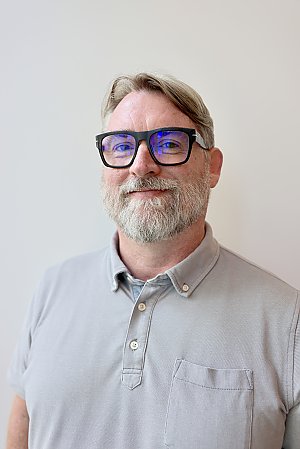
Dan Orr
Director of Geospatial Science
Audubon California
Daniel Orr develops and leads the development of science products and syntheses that directly inform on-the-ground conservation, policy and management of coastal, marine and terrestrial habitats and species. He directs the California Geospatial Science Program at the National Audubon Society’s California State Office. Here he works on landscapes across California and other western states and Mexico. Born and raised in California, he is passionate about ensuring these places are here for all people to learn from, enjoy and benefit from, today and in the future. Orr partners with conservation teams to develop actionable spatial and multi-scale modeling and analyses of physical and biological systems as they pertain to key habitats and species. He has current and past studies of avian productivity and population changes, habitat analysis and landscape changes as well as projects conducting spatial analysis and planning to inform natural resource and wildlife conservation and restoration. Prior to his tenure at the National Audubon Society he was a lecturer and researcher at California State University, Monterey Bay and an assistant research specialist at the University of California, Santa Cruz.
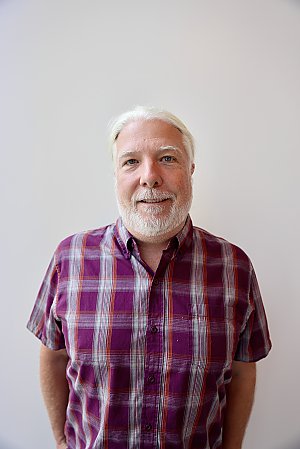
Dan Robinette
Coastal Program Leader
Point Blue Conservation Science
Dan Robinette is the Coastal Program Leader for Point Blue Conservation Science (www.pointblue.org). He earned his B.S. in Marine Biology and M.S. in Biology from California State University, Long Beach. He currently leads research and monitoring programs along the California coast with much of his work focused on developing marine birds as indicators of ecosystem condition. His research projects include investigating marine bird use of coastal and nearshore habitats inside and outside of marine protected areas (MPAs), impacts of human disturbance on coastal habitat use by shorebirds and seabirds, benefits of dune restoration for threatened and endangered nesting birds, and impacts of climate change on the diet and reproductive success of endangered California least terns. Robinette served on the Science Advisory Team for the South Coast Study Region of the Marine Life Protection Act Initiative and the Beach and Surf Zone Ecosystem Conditions Assessment Working Group led by the California Ocean Science Trust. He currently serves on the California Least Tern Management Science Advisory Group, the Elegant Tern Task Force, the Montezuma Wetland Restoration Project Technical Review Team, the Oceano Dunes State Vehicular Recreation Area Technical Review Team, is the coordinator for the Range-wide Ashy Storm-petrel Monitoring and Management Team, and is Point Blue’s liaison to the California Cooperative Ecosystem Studies Unit.
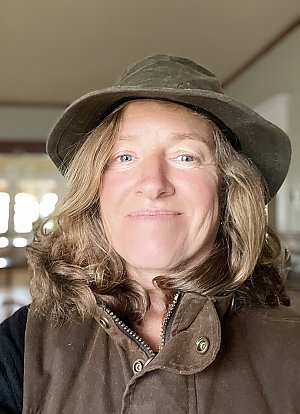
Deborah Jaques
Senior Biologist
Pacific Eco Logic
Deborah Jaques is an avian ecologist working under her company, Pacific Eco Logic, and the non-profit Pelican Science. She has spent most of her career studying and monitoring waterbirds, specializing in California brown pelicans and research that can be applied toward conservation. She received a master’s degree in the Wildlife and Fisheries Department at UC Davis. Her graduate research focused on brown pelican communal roosting ecology and the influence of oceanographic conditions on non-breeding range dynamics. This work continues with the first U.S. West Coast seabird study using the Motus system and a newly designed electronic leg band. Jaques has served as a coastal seabird expert on eight major oil spills, performing natural resource damage assessments, post-spill tracking, restoration planning, and wildlife rescue. In addition to various pelican projects, Jaques is currently monitoring the response of bird communities to coastal dune restoration near her home in Del Norte County, California.
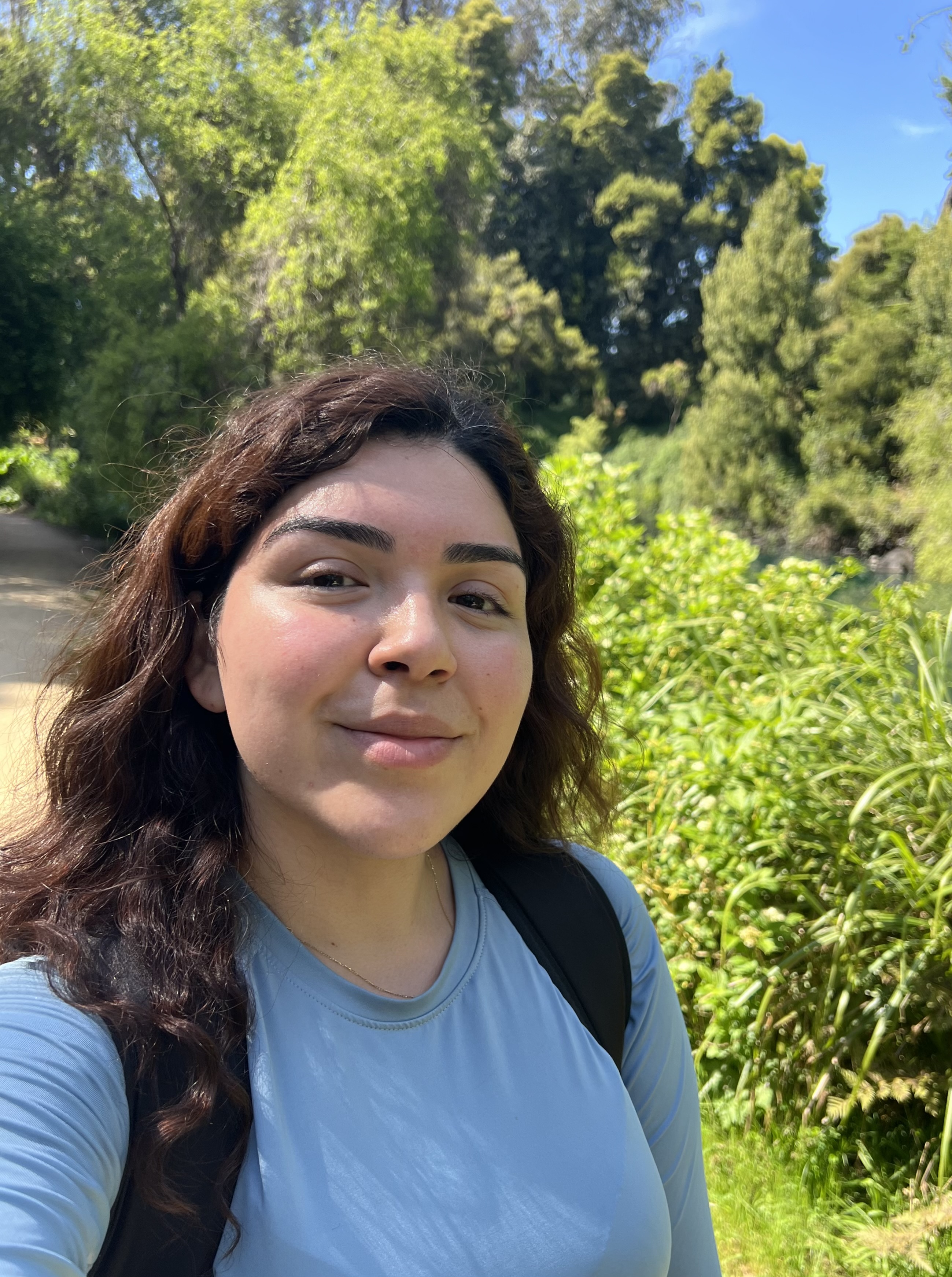
Desiree Felix
Executive Assistant and Research Associate
Aquarium of the Pacific
Desiree Felix is the Executive Assistant to the President/CEO of the Aquarium of the Pacific and a Research Associate. Her research efforts have ranged from food waste management to the benefits of nature on human well being to conservation. She assisted in the project management and organization of the Marine Species Report Card. Felix was born and raised in Los Angeles and is passionate about sustainability and public health education, especially within underserved communities. She earned her bachelor’s in Environmental Science with a minor in Food Studies and Environmental Systems and Society from the University of California, Los Angeles.
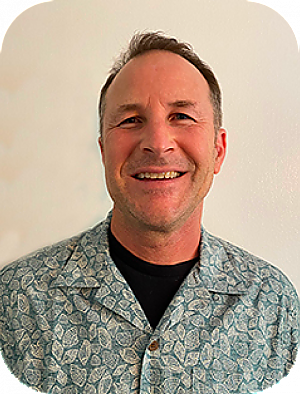
Dr. Scott A. Shaffer
Professor of Biology
Biological Sciences, San Jose State University
Originally from San Diego, Dr. Shaffer completed a BSc in Biology from San Diego State University, and an MSc in Marine Sciences and PhD in Biology from the University of California Santa Cruz. He joined the faculty at San Jose State University (2009 - present) where he is currently a Professor of Biology in the Ecology & Evolution and Marine Biology program areas. Dr. Shaffer was formally trained in physiological ecology, but his research interests are broadly ecological. He and his students primarily focus on understanding habitat use, foraging ecology, and breeding biology of seabirds in California and the tropical Pacific Ocean. In 2022, Dr. Shaffer was elected as a fellow of the California Academy of Sciences.
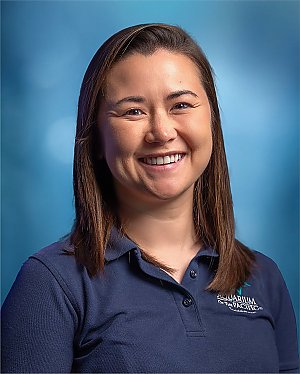
Erin Lundy
Manager of Conservation Initiatives
Aquarium of the Pacific
Erin Lundy provides care for marine mammals and amphibians, and actively participates in conservation projects such as the Aquarium’s partnership with Monterey Bay Aquarium’s Sea Otter Surrogacy Program and the Mountain Yellow-Legged Frog Project to help this critically endangered local species through a collaboration with several partners. Lundy develops partnerships with other conservation organizations and helps create staff development opportunities through local partners. She acts as a liaison to the Oiled Wildlife Care Network, helping to coordinate efforts to rehabilitate animals affected by oil spills. Lundy holds a bachelor’s of science in biology from Northeastern University and a master’s degree in environmental management from the University of Maryland.
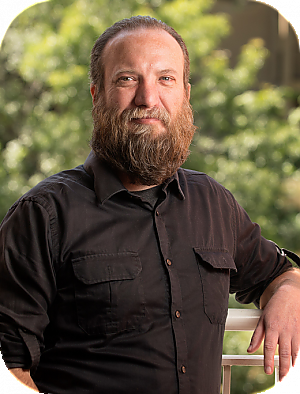
Jayson Smith
Professor, Biological Sciences Department
California State Polytechnic University, Pomona
Jayson Smith is a marine conservation ecologist with particular interest in anthropogenic disturbances on ecosystem functioning and community structure of coastal habitats. Given the high population of humans in Southern California, urban coastal ecosystems are subjected to numerous human impacts. Smith's lab attempts to understand how these systems are changing and functioning over time, particularly in the face of chronic and pulse disturbances. Smith applies his conservation interests mostly to rocky intertidal ecosystems, focusing on invasive seaweeds; effects of human visitation; long-term change in community structure and dynamics; effects of climate change; restoration ecology, and environmental policy and management (such as Marine Protected Areas). The research questions addressed have implications in policy making decisions, particularly with current emphasis being placed on Ecosystem Based Management.
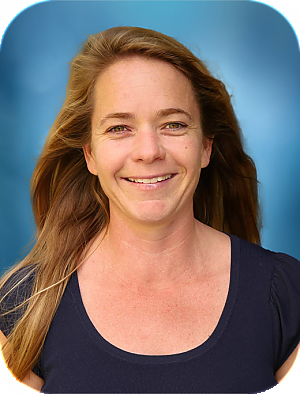
Jennie Dean
Vice President of Education & Conservation
Aquarium of the Pacific
Jennie Dean serves as the Aquarium’s inaugural vice president of education and conservation. In this role she amplifies and enhances the Aquarium’s work in species conservation and learning for all audiences. Previously Dean was a program director at the University of California, Los Angeles’ Institute of the Environment and Sustainability, where she oversaw programs engaging the private sector on corporate sustainability and consulted with island governments on sustainable development of their blue economy. Dean has also worked in the field of marine conservation policy through federal government roles at the White House Council on Environmental Quality and the U.S. Navy and at nonprofit organizations, including the Pew Charitable Trusts, Global Ocean Commission, and National Fish and Wildlife Foundation. Dean studied environmental management, earning a master’s degree from Duke University and bachelor’s from Princeton University.
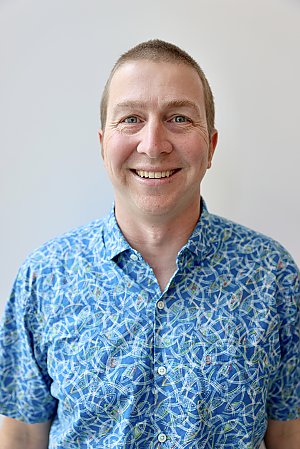
Jeremy T. Claisse, PhD
Professor, Biological Sciences
California State Polytechnic University, Pomona
Jeremy Claisse is a Professor at Cal Poly Pomona where he teaches R coding, biostatistics, fish and marine ecology field courses. He is a quantitative marine ecologist focusing on the life history and ecology of marine organisms (primarily fishes) associated with reef ecosystems, including California rocky reefs and kelp forests, coral reefs in Hawaii, and anthropogenic reef habitats (e.g., artificial reefs, breakwaters, submerged structures of oil platforms and renewable energy developments). Most of his work has an applied focus with an emphasis on habitat value assessment, marine conservation, fisheries ecology and marine habitat restoration.
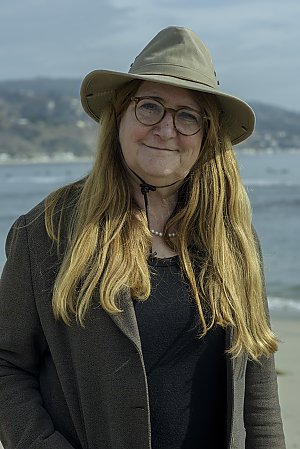
Karen Martin
Professor
Pepperdine University
Dr. Karen Martin is Professor of Biology Emeritus at Pepperdine University in Malibu. Her research interests include amphibious fishes, air-breathing fishes, terrestrial embryos of aquatic organisms, and beach ecosystems. She earned a doctorate at UCLA and served as Friday Harbor Laboratories Postdoctoral Fellow at the University of Washington. Dr. Martin co-founded the Beach Ecology Coalition, an educational nonprofit organization devoted to improving beach management in Southern California. For the past two decades she and her students have researched the eco-physiology of California Grunion, with the assistance of community scientists, the Grunion Greeters. She has over 65 peer-reviewed publications and three scholarly books, along with educational media and film. She enjoys long walks on moonlit beaches.
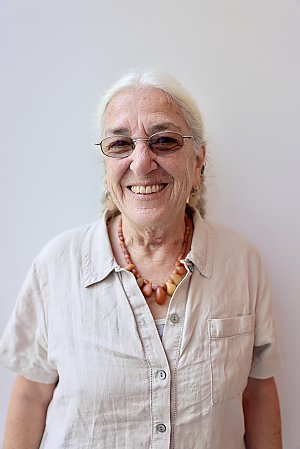
Kathy Ann Miller, PhD
Curator of Algae
University Herbarium, University of California Berkeley
Kathy Ann’s first seaweed course was at the Bodega Marine Lab, an experience that set her on a path as a phycologist. She received AB and PhD degrees in Botany from the University of California at Berkeley. During her graduate student days, she worked as a Botany teaching assistant and as a research assistant in the University Herbarium. The Herbarium work introduced her to systematics; specimen collection has been the driver and the joy of floristics research. She has spent years underwater and in the intertidal zone in the California Channel Islands and throughout California. I've been on expeditions to Antarctica, the American and Russian Aleutian Islands, and Alaskan peninsula -- as well as the Galapagos, Philippines and American Samoa. In 1990-2000, she was a professor at the University of Puget Sound in Washington, but returned to California to work as a resident scientist at the Wrigley Marine Science Center on Santa Catalina Island. In 2005, she returned to Cal to assist Paul Silva, the Curator of Algae at the Herbarium. Upon his death in 2014, she became the Curator. Kathy Ann’s field and museum experiences have inspired her dedication to studying the seaweed flora of California, both native and introduced, and to aiding in its conservation through collaborations and public outreach. After 40 years with seaweeds, she’s learning about how much she doesn't know. This is clear--- we have a natural history legacy to study, share, protect and enjoy.
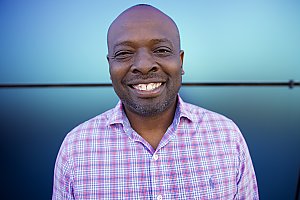
Kwasi M. Connor
Professor
University of California, Irvine
Kwasi Connor is an integrative and comparative biologist at the University of California, Irvine studying how animals cope with hypoxia and heat stress related to global climate change. Using mussels and worms as model organisms, he seeks answers to questions related to the molecular and biochemical underpinnings of environmental physiological interactions. His work on digestive physiology of mussels directly relates to conservation efforts of mussel species within California and aquaculture research. As a scholar in the Los Angeles basin for over 20 years, he has readily interacted with industry, academia, and service entities within the region.
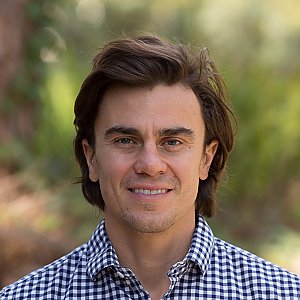
Kyle Cavanaugh
Professor
University of California, Los Angeles
Kyle Cavanaugh is a Professor in the Department of Geography at University of California, Los Angeles and Vice Director of the UCLA Marine Center. He received his PhD in Marine Science from the University of California Santa Barbara in 2011 and then completed a postdoc at the Smithsonian Institution. His research involves using satellite imagery to study the drivers and consequences of changes in coastal foundation species such as giant kelp forests and mangroves.

MARINe
Multi-Agency Rocky Intertidal Network
The Multi-Agency Rocky Intertidal Network (MARINe) is a consortium of scientists from southeastern Alaska to central Baja California Sur, Mexico. Contributors participate in standardized intertidal surveys to document long term population abundance and trends over time for target invertebrate, plant and algae species. MARINe has been operating formally since 1997, but had its foundations laid decades before then. All data are available online for the public to explore: https://marine.ucsc.edu/explore-the-data/index.html. Special recognition should go to the agencies who have provided the majority of continuous funding for the project over several decades: Bureau of Ocean Energy Management, The National Park Service, The California Ocean Protection Council, Partnership for Interdisciplinary Studies of Coastal Oceans, and US Navy (Navy Marine Ecology Consortium).
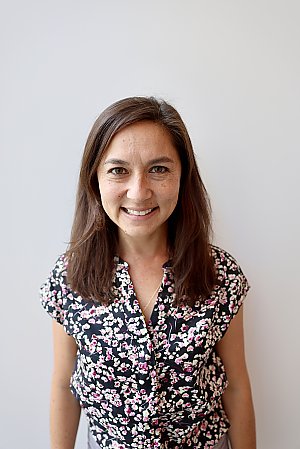
Maya deVries
Professor
San José State University
Dr. Maya deVries is an Assistant Professor of Marine Biology in the Department of Biological Sciences at San José State University. Her lab studies the morphology and ecology of coastal invertebrates to understand how these animals interact with ecosystems in the face of climate change. She received her B.Sc. in Evolution and Ecology from UC Davis and her Ph.D. in Integrative Biology from UC Berkeley, during which time, she was a Fulbright Student Scholar. She was also an NSF Postdoctoral Fellow at Scripps Institution of Oceanography, UC San Diego. She loves studying coral reef and kelp forest ecology and is deeply committed to creating equitable research spaces for students in marine science.
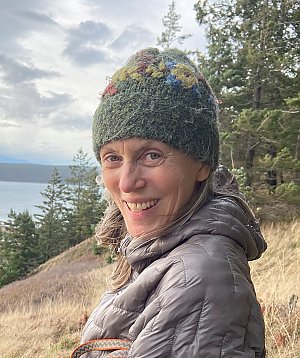
Melissa Miner
Research Specialist
University of California, Santa Cruz
Melissa Miner is a Research Specialist at UC Santa Cruz, working remotely from Bellingham, Washington. She has worked as part of MARINe (Multi-Agency Rocky Intertidal Network)—a long-term shoreline monitoring project—for over 30 years and has helped to document changes that have occurred to rocky intertidal communities from Baja California, Mexico to Sitka, Alaska.
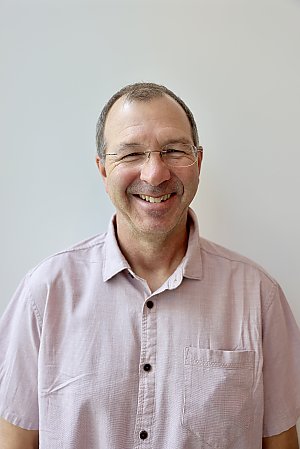
Michael Parker
Executive Director
California Institute of Environmental Studies
Mike Parker has been the Executive Director of the California Institute of Environmental Studies since 2017. He earned a BS in Wildlife Biology at the University of Vermont and a MS in Natural Resources at Humboldt State University. Parker has over 35 years’ experience in conservation and restoration throughout the western United States. He has focused on avian ecology and habitat restoration. Parker monitors ashy and Leach’s storm-petrels, Scripps’s and Guadalupe murrelets, and California brown pelicans while overseeing habitat restoration work on six of the California Channel Islands. He has also assisted Japanese seabird biologists on the study of Japanese crested murrelets for the past 7 years.
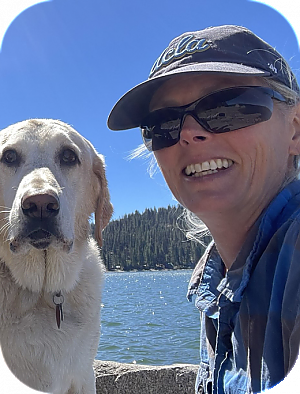
Michelle Marvier
Professor, Dept of Environmental Studies and Sciences
Santa Clara University
Michelle Marvier received her Ph.D. in Biology from the University of California, Santa Cruz and was a NSF postdoctoral fellow at the University of Washington. Marvier has contributed to diverse research projects ranging from salmon demography to risk analysis applied to genetically engineered crops. With Peter Kareiva, Marvier coauthored the textbook, Conservation Science: Balancing the Needs of People and Nature.
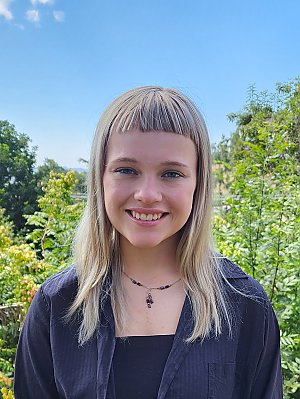
Natalie Shubin
Graduate Student
Cal Poly Pomona
Natalie Shubin is a biology graduate student in the Claisse Lab at Cal Poly Pomona. Shubin is currently working on using sonar data layers to quantify habitat characteristics of artificial reefs. After graduation, she plans to work in the field of marine conservation and biology.
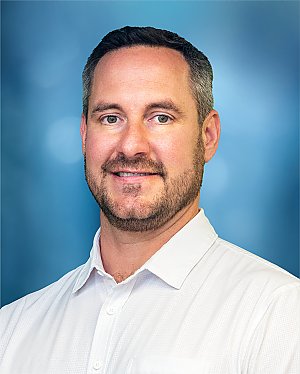
Nate Jaros
Vice President of Animal Care
Aquarium of the Pacific
Nate Jaros is a vice president of animal care and leads a team of aquarists who care for all of the fish and invertebrate animals at the Aquarium of the Pacific. Jaros and his team fill many roles at the Aquarium, including animal care professionals, scientific divers, exhibit designers, plumbers, and aquaculturists. Jaros has been with the aquarium since 2005. Previously he worked at the Omaha Zoo and Aquarium in Omaha, Nebraska. Jaros received his bachelor’s degree in environmental science and biology from Creighton University in Omaha, Nebraska.
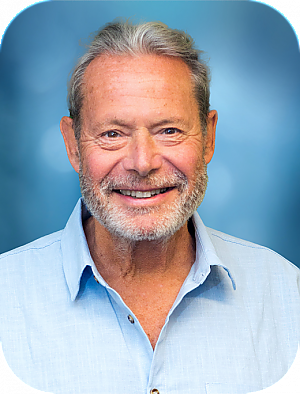
Peter Kareiva
CEO/President
Aquarium of the Pacific
Dr. Peter Kareiva is the president and CEO of the Aquarium of Pacific. He was previously the director of the Institute of the Environment and Sustainability at University of California, Los Angeles. He has taught at many other universities including Brown University; University of Washington; University of California, Santa Barbara; Stanford University; Santa Clara University; University of Virginia; and Swedish Agricultural University in Uppsala. In addition to his academic positions, Dr. Kareiva has served as the vice president of science for The Nature Conservancy, and director of the Division of Conservation Biology at the National Oceanic and Atmospheric Administration’s Northwest Fisheries Science Center. His honors include election to the American Academy of Arts and Sciences and election to the National Academy of Sciences.
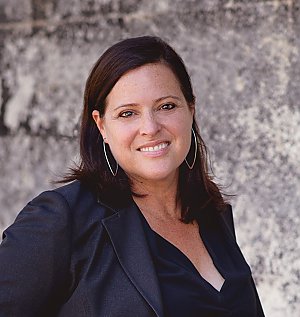
Rebecca Lewison
Professor
San Diego State University
Dr. Rebecca Lewison is an applied conservation ecologist and a Professor at San Diego State University. Her diverse research portfolio focuses on pressing conservation issues in terrestrial and marine systems, including climate resilience, dynamic ocean management, fisheries resource use, land use management, landscape connectivity, new applications in species distribution models, and strengthening integration of dynamics into terrestrial and marine analyses. Dr. Lewison serves as the Director of the Institute for Ecological Monitoring and Management and the Executive Director for the Center for Community Energy and Environmental Justice, working closely with practitioners from State and Federal management agencies. Her commitment to research excellence and innovation serves as a strong foundation to train the next generation of scientists in producing actionable and impactful science.
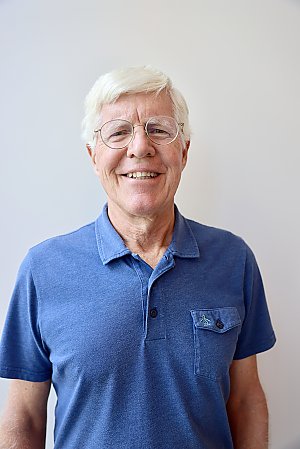
Robert S. Grove
Ocean Science Assistant Professor
Art Center College of Design, Pasadena, CA
Robert S. Grove was on scientific teams involved with southern California coastal oceanography, kelp habitat restoration, artificial reefs, nearshore processes, wetland habitat restoration, and marine environmental impact assessment. He is experienced in implementing the ecological-related permitting and licensing of coastal facilities and projects and was responsible for managing the scientific and engineering input as well as the environmental impact analysis for a $40 million marine mitigation project: A 170-acre kelp artificial reef. Additionally, Mr. Grove was responsible for marine environmental monitoring and coastal impact special studies as they relate to the operations of large shoreline industrial facilities that utilize ocean water. From 1973 to 2013 he was Senior Scientist, Research Scientist and Oceanographer for Southern California Edison and has served as an independent consultant on Oceanography, Artificial Reefs, Habitat Enhancement, Nearshore Marine Monitoring, and Coastal Processes since 1999. Mr. Grove is presently an Ocean Science Instructor at the Art Center College of Design in Pasadena - since 2001. Mr. Grove attended a graduate-level program in marine ecology at Woods Hole Oceanographic Institution and attended the University of Michigan where he earned a B.S. from the College of Engineering, Department of Meteorology and Oceanography. Additionally, Mr. Grove completed an Engineering Management Program certification course at California Institute of Technology and has completed short courses in Ocean Engineering and Coastal Hydrodynamics at the Massachusetts Institute of Technology, Dilution and Effluent Mixing at Georgia Institute of Technology and Coastal Sedimentation at California State University, Los Angeles.
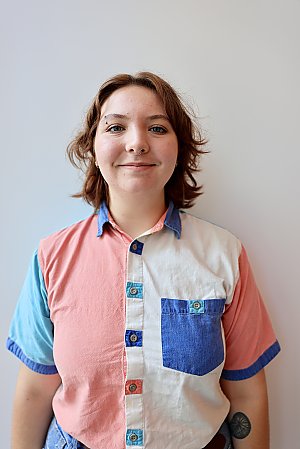
Sophia Robinette
Undergraduate student
University of California, Santa Cruz
Sophia Robinette is a 4th year student at University of California Santa Cruz. She is currently working on her BS in marine biology, and is doing research in the Mehta lab on the prey handling behaviors of California moray eels. Previously she has worked with the Beltran lab to gather resight data and equip satellite tags on Northern elephant seals. She hopes to continue her research and join a PhD program after she graduates, focusing on including conservation in her research.
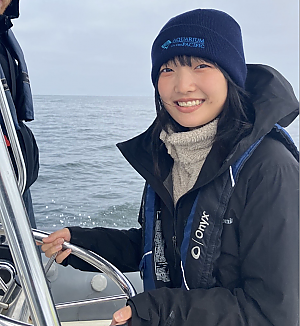
Yuzuna Kudo
Undergraduate Student and CELP Scholar
University of California, Los Angeles
Yuzuna Kudo is pursuing a B.S. in Environmental Science with an emphasis on Atmospheric and Oceanic Sciences and a minor in GIS at UCLA with the hopes of uplifting communities disproportionately affected by climate change and advancing ocean research/exploration. With her background in GIS research, she is passionate about utilizing compelling data visualizations and storytelling to explore the intersection of social and environmental issues.
Funding provided by The Dorrance Family Foundation through their Marine Conservation Initiative.
Peer Reviewers
Alyssa Frederick, Andrew Thompson, Anna Weinstein, Ashley Kidd, Brad Erisman, Brenda Calderon, Caron Laird, Colleen Young, Dave Weller, Denise Greig, Ellen Hines, Emily Rice, Erica Neilson, Giacomo Bernardi, Jayson Smith, Jeff Seminoff, Jennifer Burnaford, Karah Cox, Kevin Stierhoff, Larry Allen, Laura Rogers Bennett, Lynn Massey, Maddy Schwarz, Marine Conservation Research Institute (MCRI), Melissa Neuman, Mike Parker, Nathan van Schmidt, Nils Warnock, Norah Eddy, Pete Raimondi, Peter Kuriyama, Pike Spector, Rani Gadam, Raphael Williams, Rebecca Duerr, Rebecca Selden, Rebecca Lewison, Robin Fales, Ryan Freedman, Sam Eberhard, Samuel Walkes, Sarah Codde, Scott Hamilton, Sharon Melin, Susan Wang, William Sydeman, and more.
Special thanks to our web team, Andrew Reitsma and Jovel Madrid.